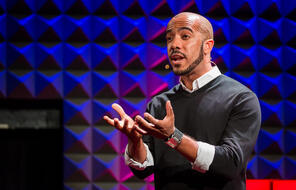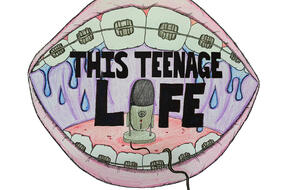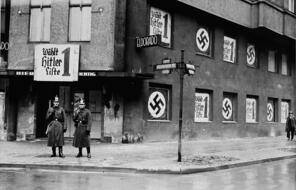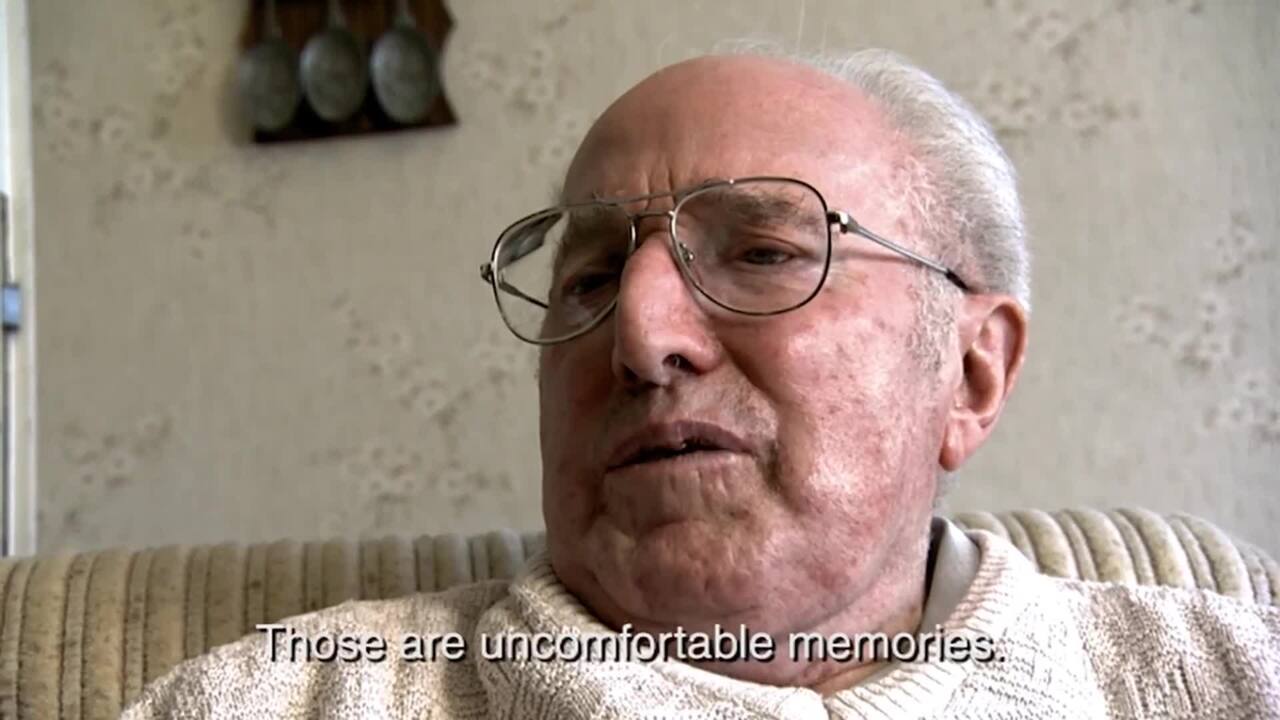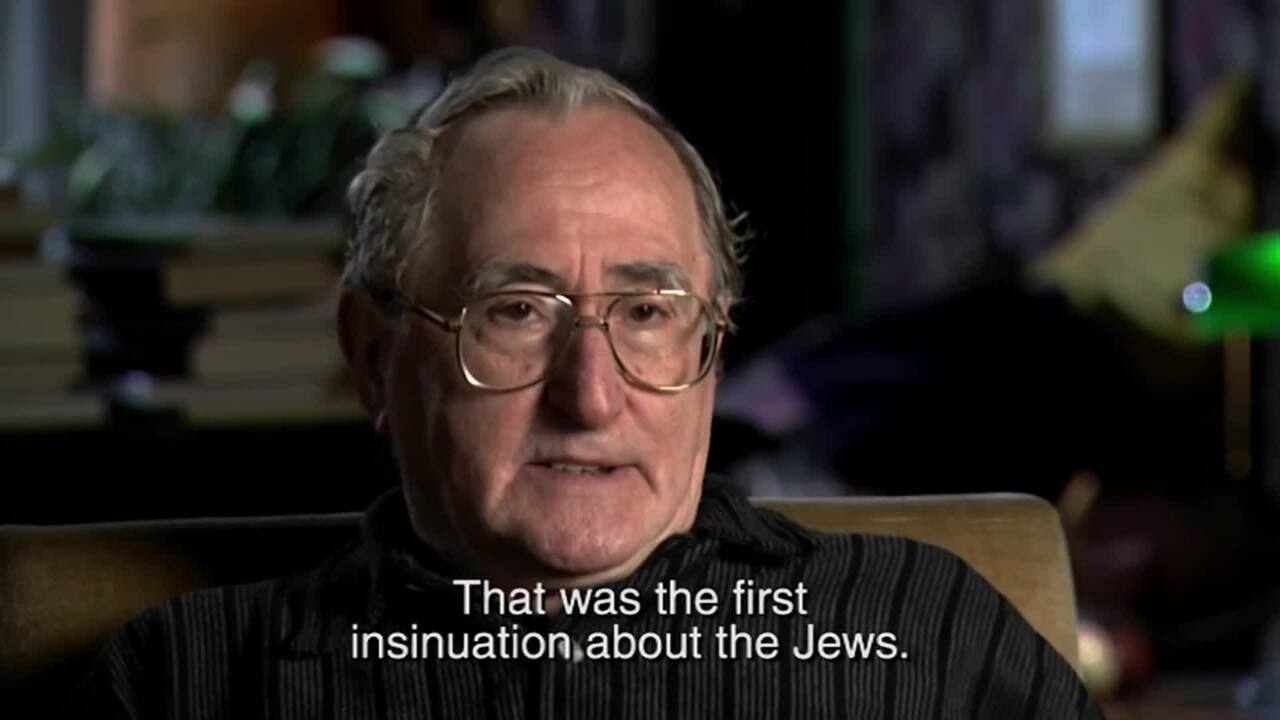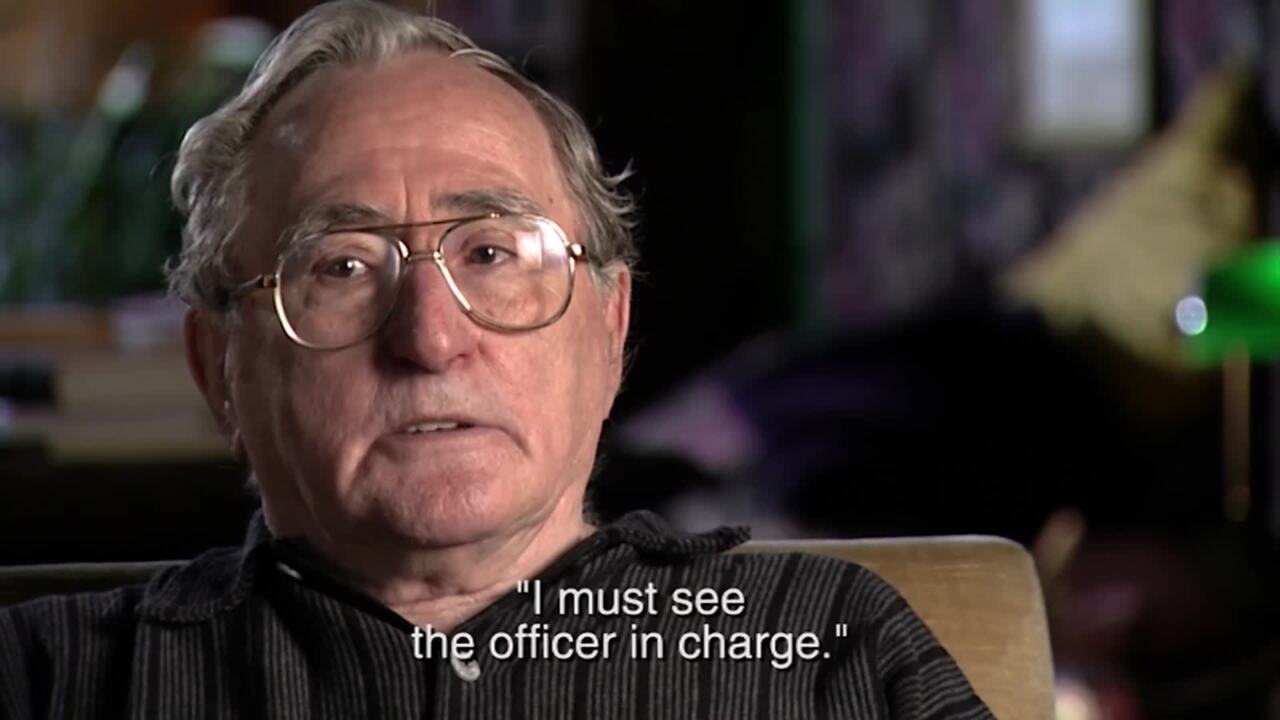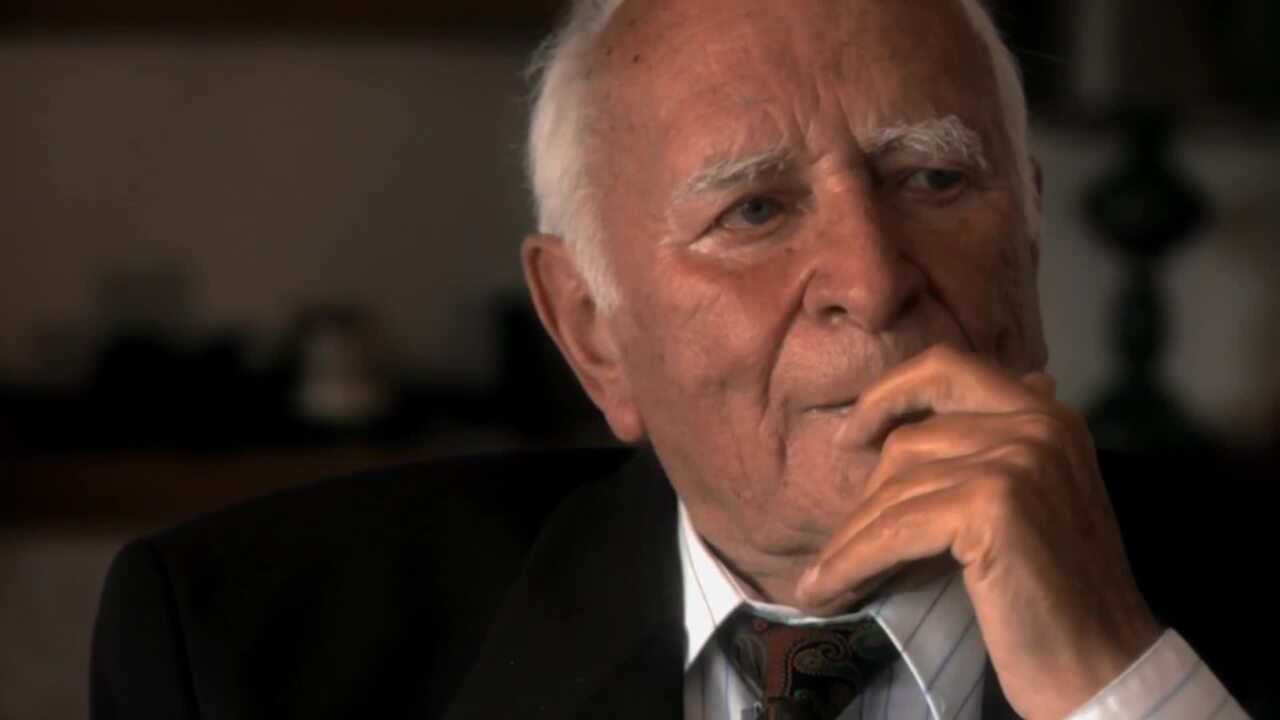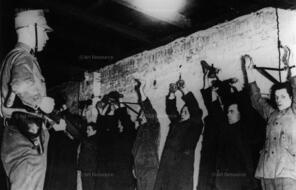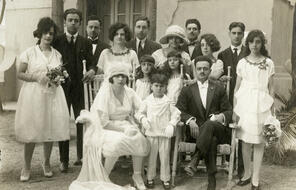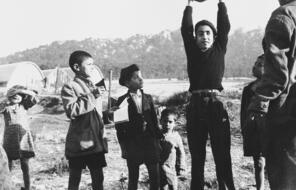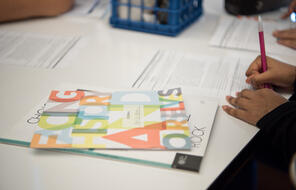The History of Paragraph 175
Paragraph 175 was a law first added to the German constitution in 1871 that singled out sexual relations between men. The law was inconsistently enforced from 1871 to 1933 and was almost completely ignored in Berlin—known as a “gay Eden”—during the Weimar Republic (1918–1933).
When Adolf Hitler came to power in 1933, his government took a renewed interest in Paragraph 175. First, the Nazi Party banned all gay organizations. A few months later, during the Berlin book-burning event, the contents of the library of the Institute for Sexual Science—led by the gay Jewish researcher Dr. Magnus Hirschfeld—were burned
. These early actions of the regime reflected a Nazi Party belief that homosexuality was a threat to German cultural identity and would inhibit the ability to produce more German youth. The Nazis rewrote and strengthened Paragraph 175 in 1935 and established the Reich Central Office for the Combating of Homosexuality and Abortion in 1936.
The strengthened text of Paragraph 175 continued to exclusively criminalize and punish gay men. The revised Paragraph 175 cited “evidence” that could lead to a man’s arrest, including gossip that suggested a man was gay, mail correspondence between men when at least one was presumed to be gay, and any physical contact between men when at least one was presumed to be gay. Men who were caught having a sexual relationship with another man (or engaged in innuendo suggesting that a same-sex relationship was occurring) were initially sent to prison with no trial. As the Nazi regime constructed camps around Europe, most men arrested under Paragraph 175 were sent to jail or, starting in 1934, to labor or concentration camps. Paragraph 175 soon came to apply in Nazi-occupied countries, as well, as evidenced in the testimony of Pierre Seel, a French citizen and subject of the documentary, who was sent to a French concentration camp after being arrested under Paragraph 175.
Life in the camps was particularly dangerous for gay men. According to historian Klaus Müller:
“A pink triangle (the symbol for gay men held in death and labor camps) meant harsher treatment in the camps. Gay men suffered a higher mortality rate than did other relatively small victim groups, such as Jehovah’s Witnesses and political prisoners. The men with the pink triangle couldn’t count on a support network within the camps, and were often treated with contempt by their fellow prisoners.”
When World War II ended in 1945, gay men continued to be persecuted in Germany under Paragraph 175. For many, this included arrest and detainment in jails or prisons. Gay men made choices to be careful or hide their sexual identity in order to avoid the consequences of Paragraph 175.
In 1968 for East Germany and in 1969 for West Germany, same-sex relationships were decriminalized. While this meant that gay men would no longer be arrested under Paragraph 175, the law remained dormant in the constitution until German unification in 1994. At that time, Paragraph 175 was finally struck from the constitution.
As of the making of the documentary in 2000, only ten known “pink triangle” survivors of labor and concentration camps were still alive. Today, all known survivors have passed away. The survivors interviewed for Paragraph 175 did not live to see the historic moment when, in 2017, Germany expunged the records of gay men who had been arrested under Paragraph 175 from 1949 to 1969 and made financial reparations to the men who were jailed for the harm that was caused.
The survivor and witness testimonies—firsthand accounts from individuals who lived through or encountered genocide and other atrocities—that students will encounter in Paragraph 175 can help them more deeply appreciate and empathize with the human and inhuman dimensions of an important moment in history such as this. Such testimonies supplement what we can learn from historians and secondary sources by offering unique perspectives on the difficult and sometimes impossible situations that individuals were forced to confront during past moments of collective violence and injustice.


